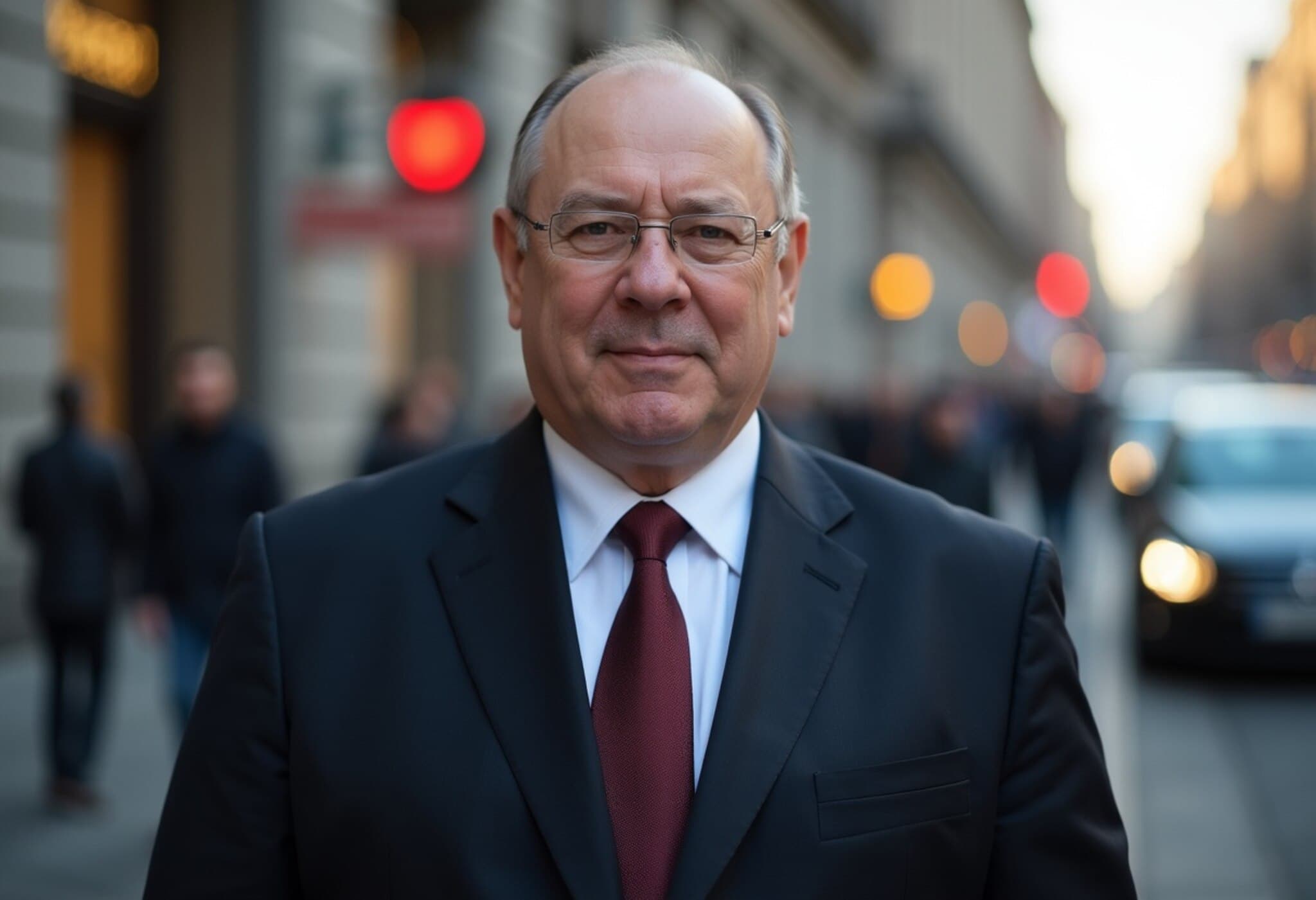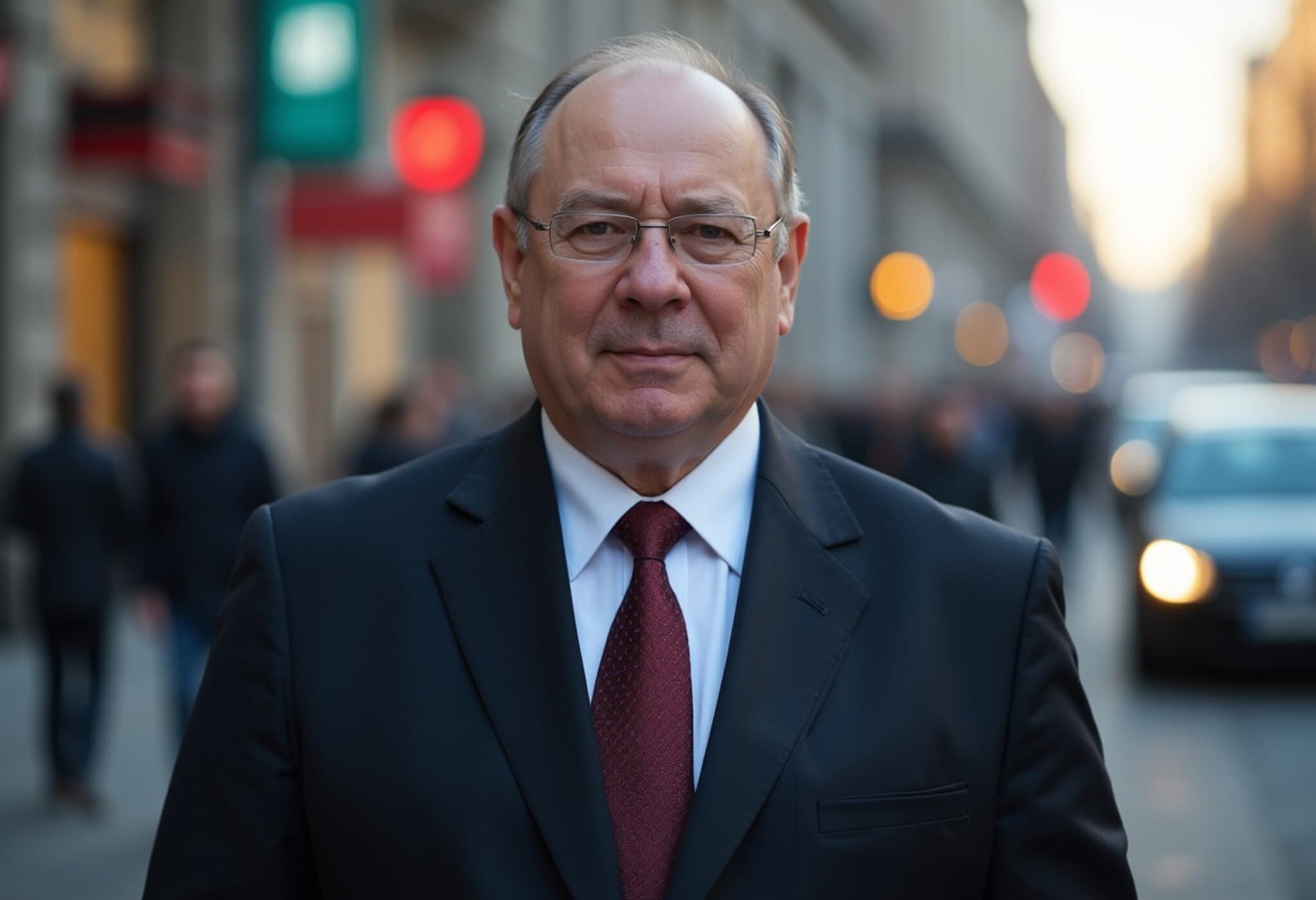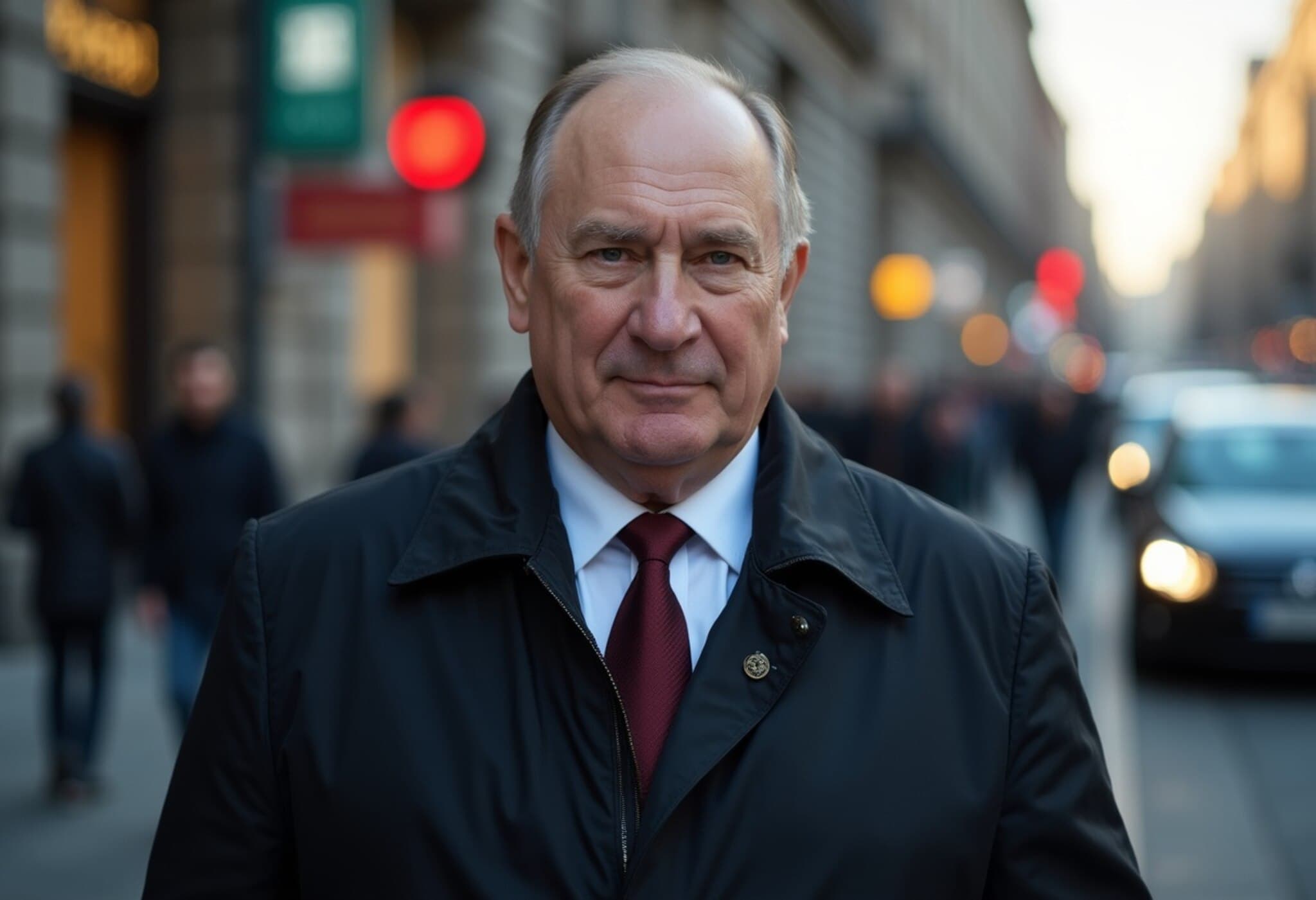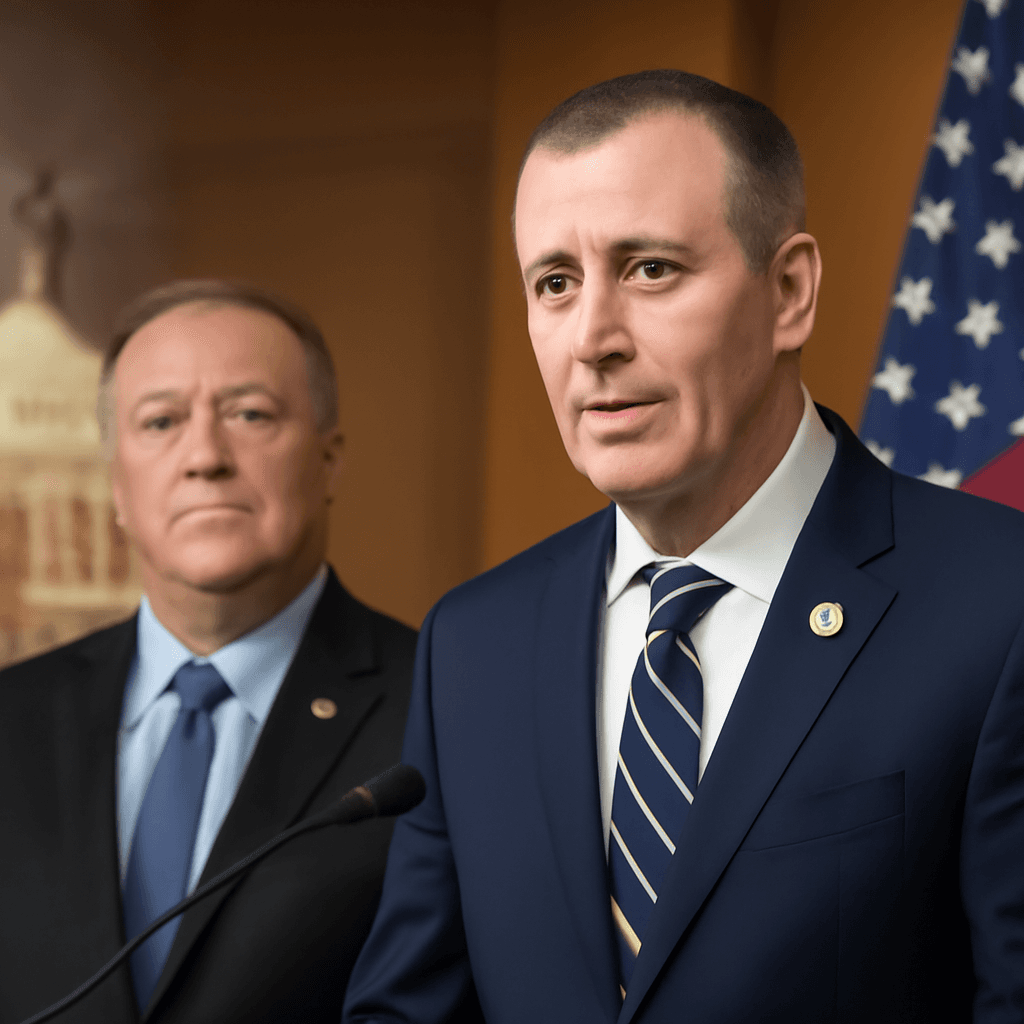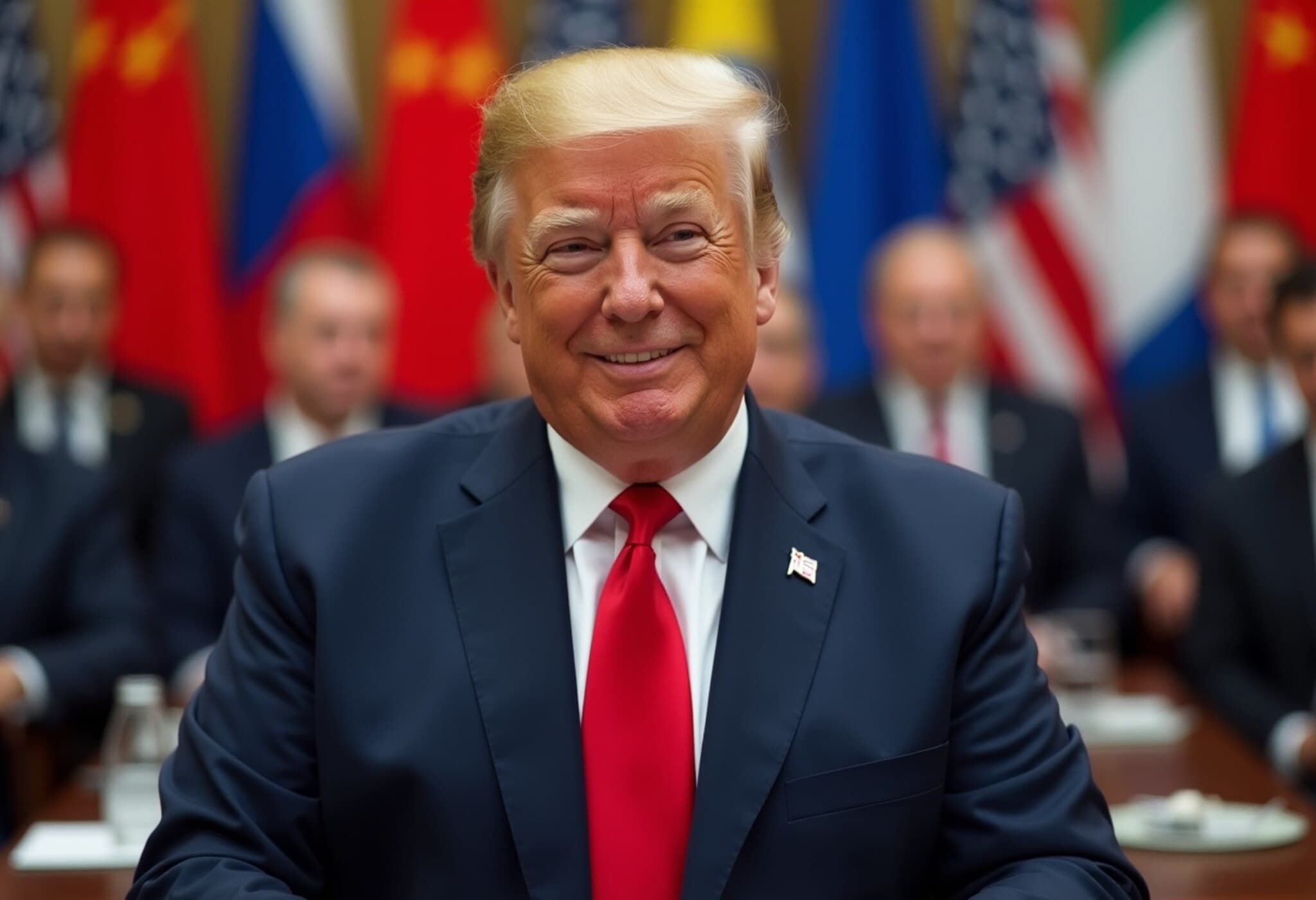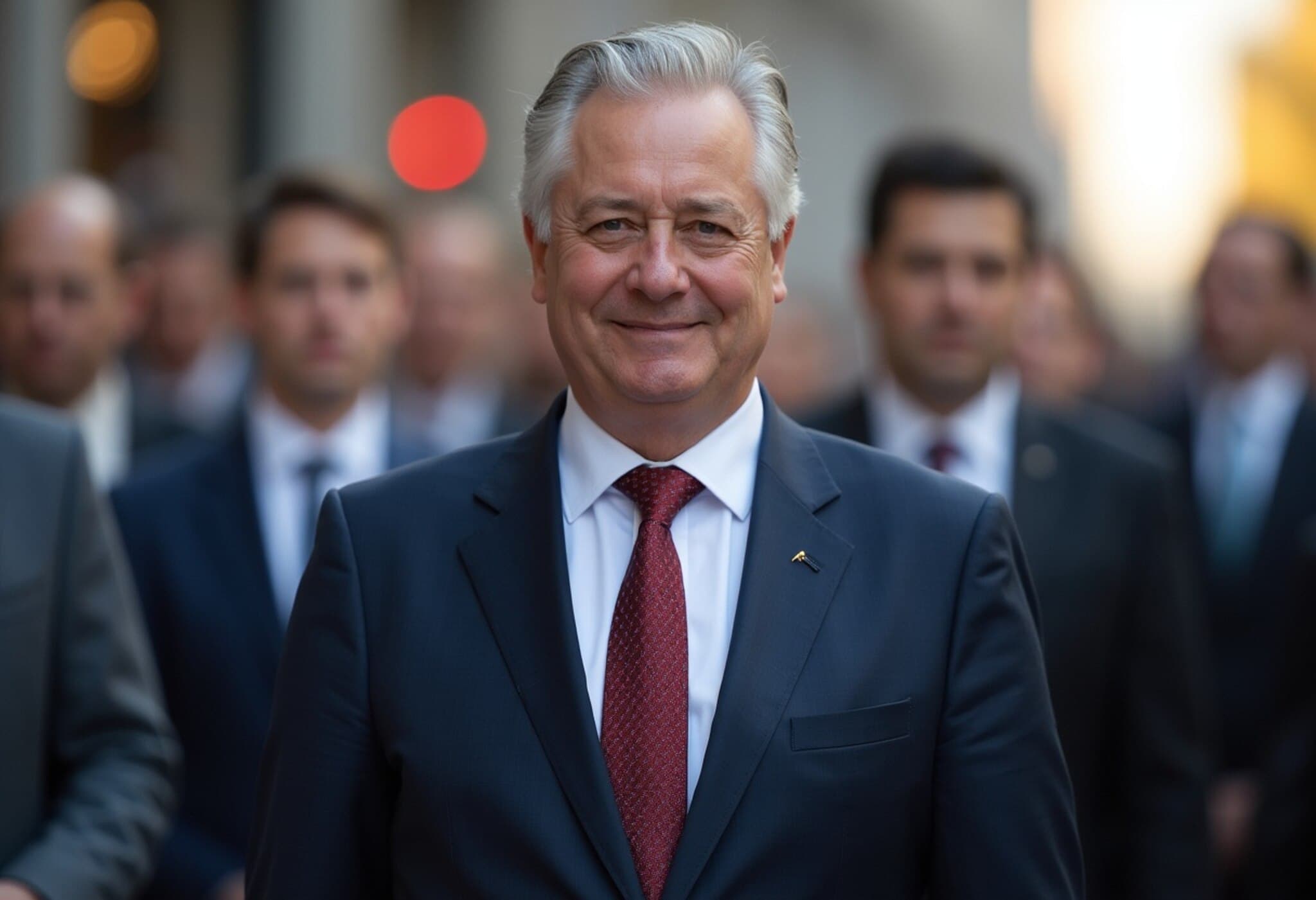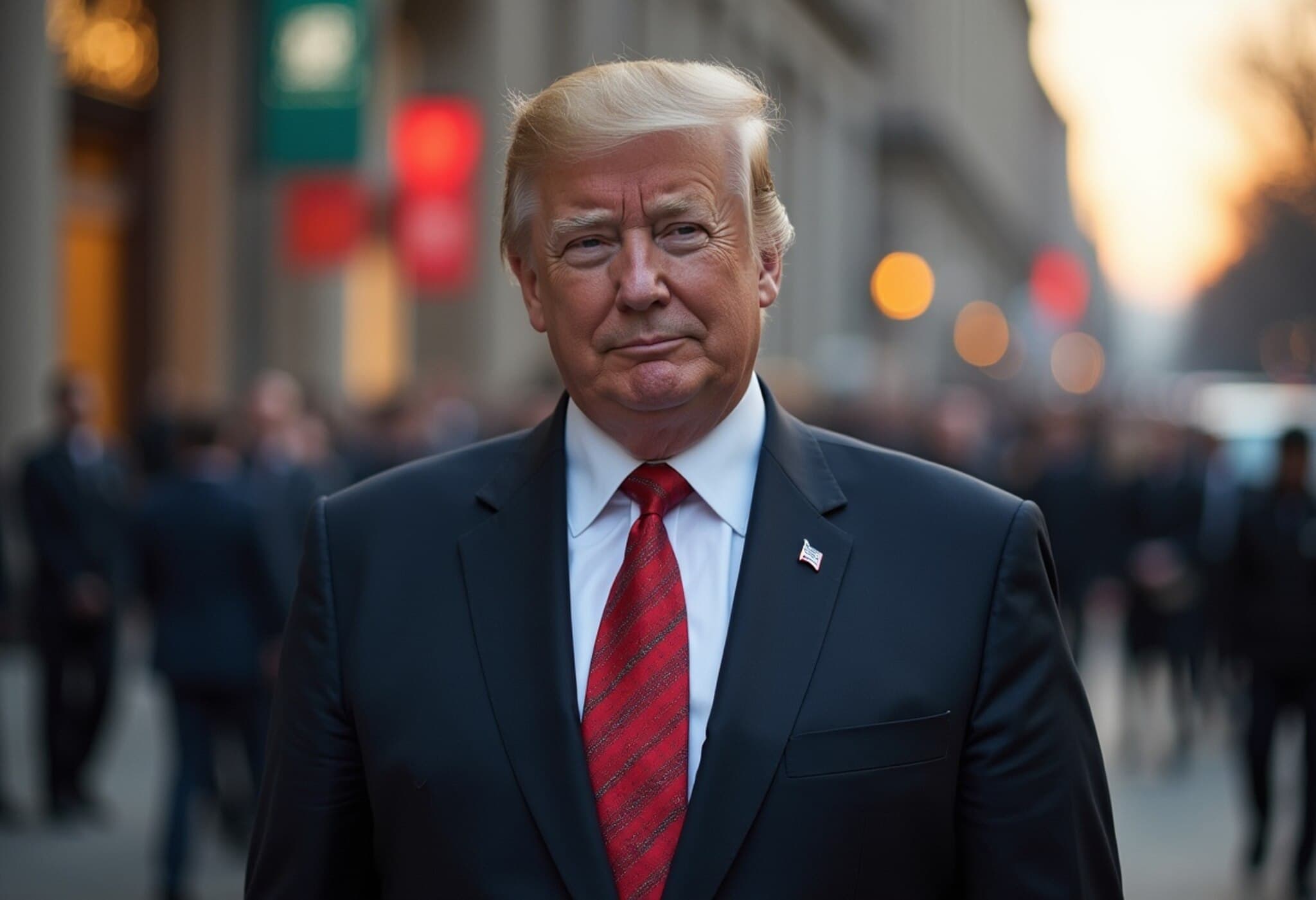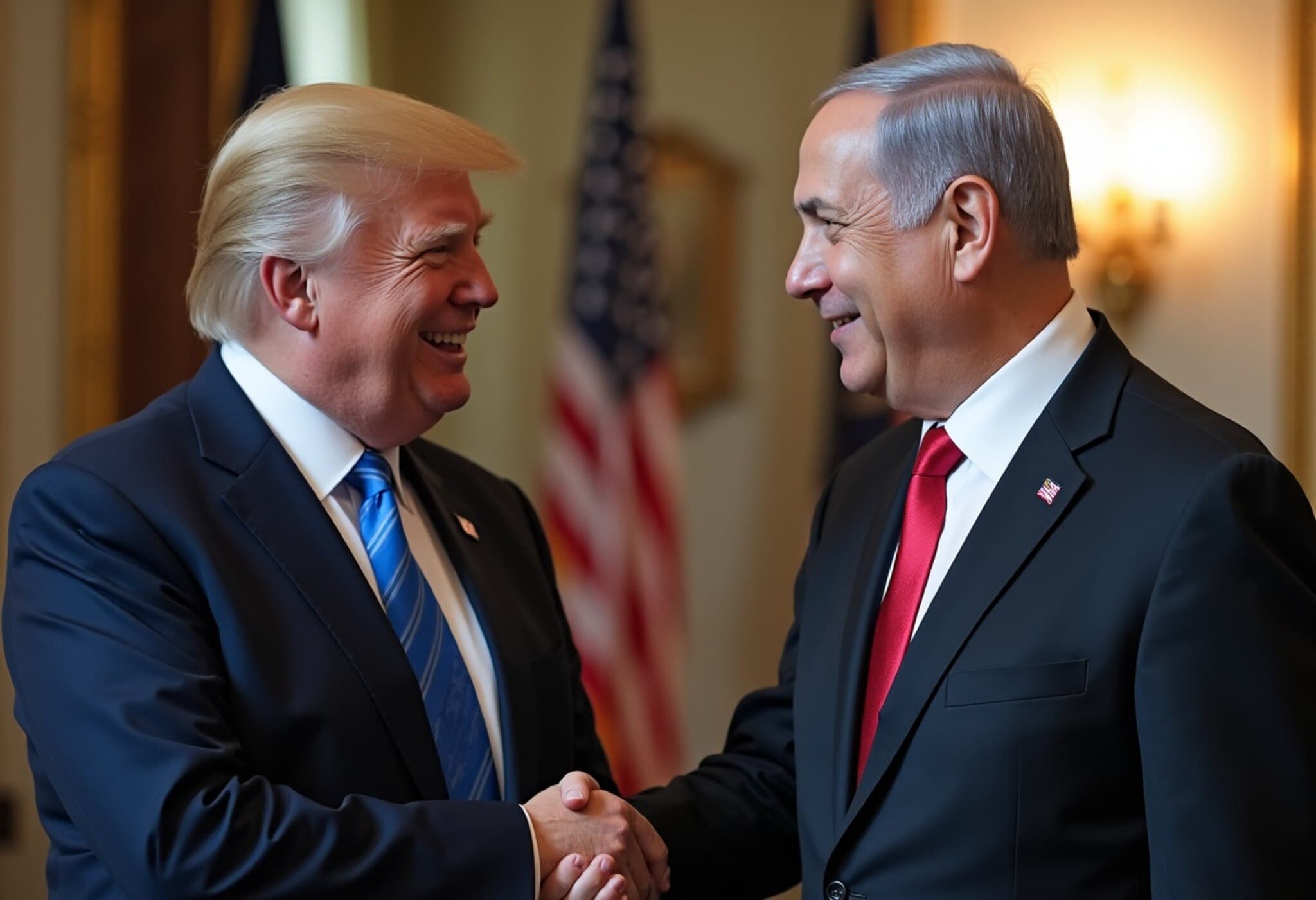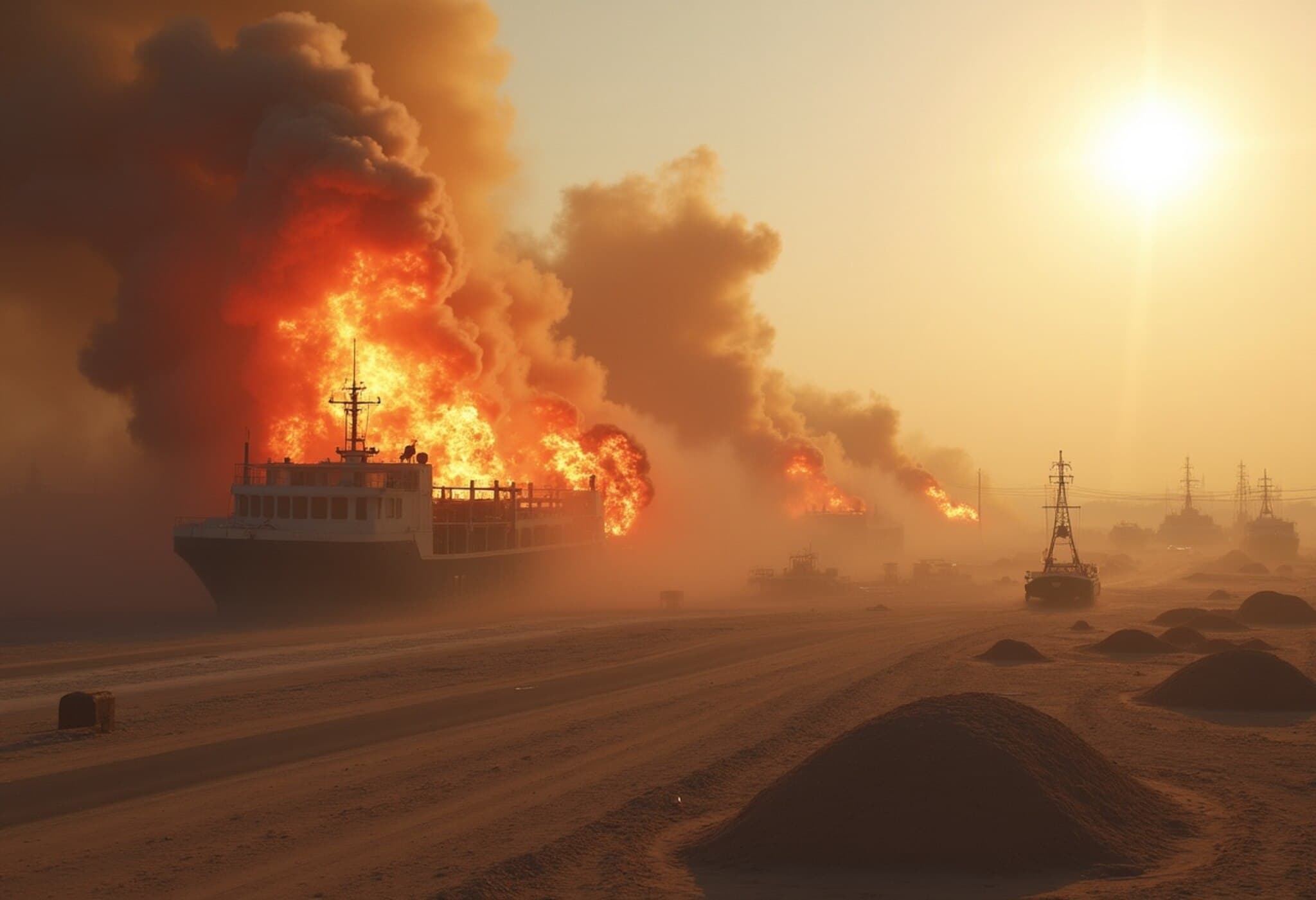Shock in Kremlin: Ex-Transport Minister Roman Starovoit Reported to Have Shot Himself
On July 7, 2025, shocking news emerged from Moscow involving Roman Starovoit, the recently dismissed Russian Minister of Transport. According to a source cited by the Russian news outlet Izvestiya, Starovoit reportedly attempted to take his own life shortly after being relieved of his duties by President Vladimir Putin.
Brief Tenure Ends Abruptly Without Explanation
Roman Starovoit’s dismissal came without any formal explanation from the Kremlin, raising questions among political observers and citizens alike. Having served just over a year since his appointment in May 2024, Starovoit’s rapid exit signals an unexpected shift within one of Russia’s critical government sectors. Before his ministerial role, Starovoit governed Kursk region—a strategically sensitive area bordering Ukraine—for nearly five years.
Andrei Nikitin Steps in as Acting Transport Minister
The Kremlin quickly named Andrei Nikitin, former governor of the Novgorod region, as acting transport minister. Photographs circulated showing Nikitin shaking hands with President Putin at the Kremlin, symbolizing a swift transition. Kremlin spokesperson Dmitry Peskov highlighted Nikitin’s professional credentials and experience as factors in the decision, stating, "At present, in the president’s opinion, Andrei Nikitin's professional qualities and experience will best contribute to ensuring that this agency, which the president described as extremely important, fulfils its tasks and functions."
Analysis: What Does This Mean for Russia’s Transport Sector and Political Climate?
This sudden leadership change comes amid mounting international pressures and domestic challenges. The transport ministry is pivotal to Russia’s economic infrastructure and connectivity, particularly given ongoing geopolitical tensions near the Ukrainian border. Starovoit’s dismissal and personal crisis accentuate the human dimension often overlooked in political turnovers — the immense pressure borne by officials navigating complex responsibilities.
Experts suggest that Starovoit’s brief ministerial period may have been marred by internal conflicts or policy disagreements, though official silence leaves much speculative. His attempted suicide underscores an urgent need to consider mental health support within high-stress governmental environments, an issue rarely discussed in the Russian political discourse.
Underreported Voices and Broader Implications
- The role of mental health in Russian politics: This event spotlights pressure and stigma surrounding mental well-being among public officials.
- Transparency deficit: The Kremlin’s reluctance to disclose reasons behind dismissals fuels public distrust and conspiracy theories.
- Transport sector stability: Leadership volatility could impact infrastructure projects vital to Russia’s economy and regional stability.
What Lies Ahead?
Looking forward, Andrei Nikitin faces the daunting task of steering the transport ministry through turbulent geopolitical waters and ensuring continuity of critical projects. Meanwhile, the Russian public and international observers will watch closely for further clarity on Starovoit’s condition and the Ministry’s strategic direction.
This episode serves as a stark reminder of the intricate interplay between political power, personal wellbeing, and national interests — urging a more compassionate and transparent governance approach.
Editor's Note
This incident reveals the often hidden human toll behind political upheavals. As Russia navigates a complex domestic and international landscape, the treatment and mental health of its officials warrant greater attention. It also raises critical questions about governance transparency and the resilience of essential government functions in times of crisis.

